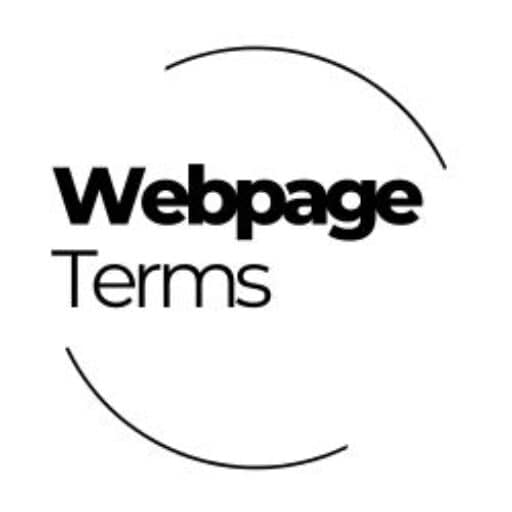Glossary
CSS (Cascading Style Sheets)
Definition CSS, or Cascading Style Sheets, is a language used to style and format the appearance of web pages. It controls how HTML elements are displayed, including colors, fonts, layouts, and spacing. CSS helps separate content from design, making websites more...
HTML (Hypertext Markup Language)
Definition HTML, or Hypertext Markup Language, is the standard language used to create and structure web pages. It provides the basic framework of a website by using a system of elements and tags. HTML defines the content and layout of web pages, making it markup a...
Full-Stack Development
Definition Full-stack development refers to the practice of building both the front-end (user interface) and back-end (server-side logic) of a website or application. A full-stack developer has the knowledge to handle both client-side and server-side development. This...
Back-End Development
Definition Back-end development refers to the server-side of web development, focusing on databases, server logic, and application functionality. It ensures that websites and applications function correctly behind the scenes by processing user requests and delivering...
Front-End Development
Definition Front-end development refers to the process of designing and building the visual and interactive parts of a website that users see and interact with directly. It involves coding using languages like HTML, CSS, and JavaScript to create user-friendly web...
CMS (Content Management System)
Definition A Content Management System (CMS) is a software platform that allows users to create, edit, and manage content on a website. Also, the user doesn't need to code. It provides an easy to navigate interface for managing web pages, images, blog posts, and other...
DNS (Domain Name System)
Definition (Simple & Beginner-Friendly) The Domain Name System (DNS) is like the Internet’s phonebook, translating human-friendly domain names (e.g., www.example.com) into numerical IP addresses (e.g., 192.168.1.1) that computers use to identify websites. It...
IP Address
Definition An IP address (Internet Protocol address) is an identifier that lets devices communicate over the network. It comprises a unique string of numbers assigned to each device connected to the Internet. IP addresses come in two formats: IPv4 (e.g., 192.168.1.1)...
URL (Uniform Resource Locator)
Definition A URL (Uniform Resource Locator) is the complete web address used to access a specific webpage on the Internet. It tells a browser where to find a website or resource. A URL consists of several components: 1) the protocol (e.g., HTTP or HTTPS); 2) domain...
Domain Name
Definition A domain name is a website's unique web address. People use it to visit the website such as www.example.com. It serves as a human-friendly alternative to the numerical IP addresses computers use to identify websites. Domain names comprise two main parts:...
Website
Definition A website is a collection of webpages that are connected and accessed through the Internet using a web browser. It can be built for various purposes, including personal use, business promotion, education, or entertainment. Websites are accessed via unique...
